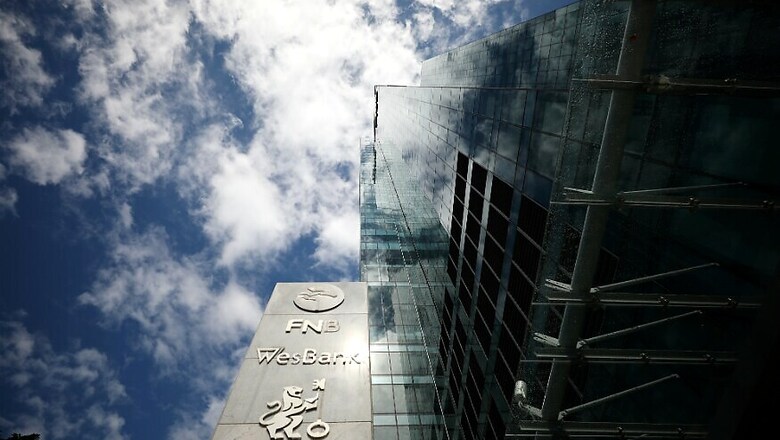
views
Johannesburg: South Africa slipped into recession in the final three months of 2019, the country's statistics bureau said on Tuesday, the third contraction to hit the economy since the end of apartheid in 1994.
The weak performance adds pressure on President Cyril Ramaphosa's administration which has been struggling to keep his election pledge to revive economic activity. Instead, South Africa remains dogged by high and rising debt, low growth and soaring unemployment.
Gross domestic product fell by 1.4% in the fourth quarter after dropping by 0.8% in the previous three months, Statistics South Africa said. This took growth in Africa's most industrialised country for all of 2019 to just 0.2%, its lowest reading since the global financial crisis in 2009.
Weak agriculture output and transport were the main drags on growth, StatsSA said, followed by construction, mining and manufacturing, which outweighed positive contributions from finance and government spending.
Seven of the nation's 10 economic sectors contracted in the fourth quarter, StatsSA said.
"Finance, mining and personal services managed to keep their heads above water, but this was not enough to prevent the economy from sliding into its third recession since 1994," it remarked.
Drought in parts of the country and floods in others hurt agriculture and power station output, leading to disruptions in electricity, gas and water supplies.
Recession is defined as two consecutive quarters of negative growth. South Africa previously went into recession in 2008-2009 and then again in 2018.
The International Monetary Fund last year urged more "decisive" reforms to boost private investment in South Africa, forecasting economic growth to remain sluggish for a sixth consecutive year in 2020.


















Comments
0 comment